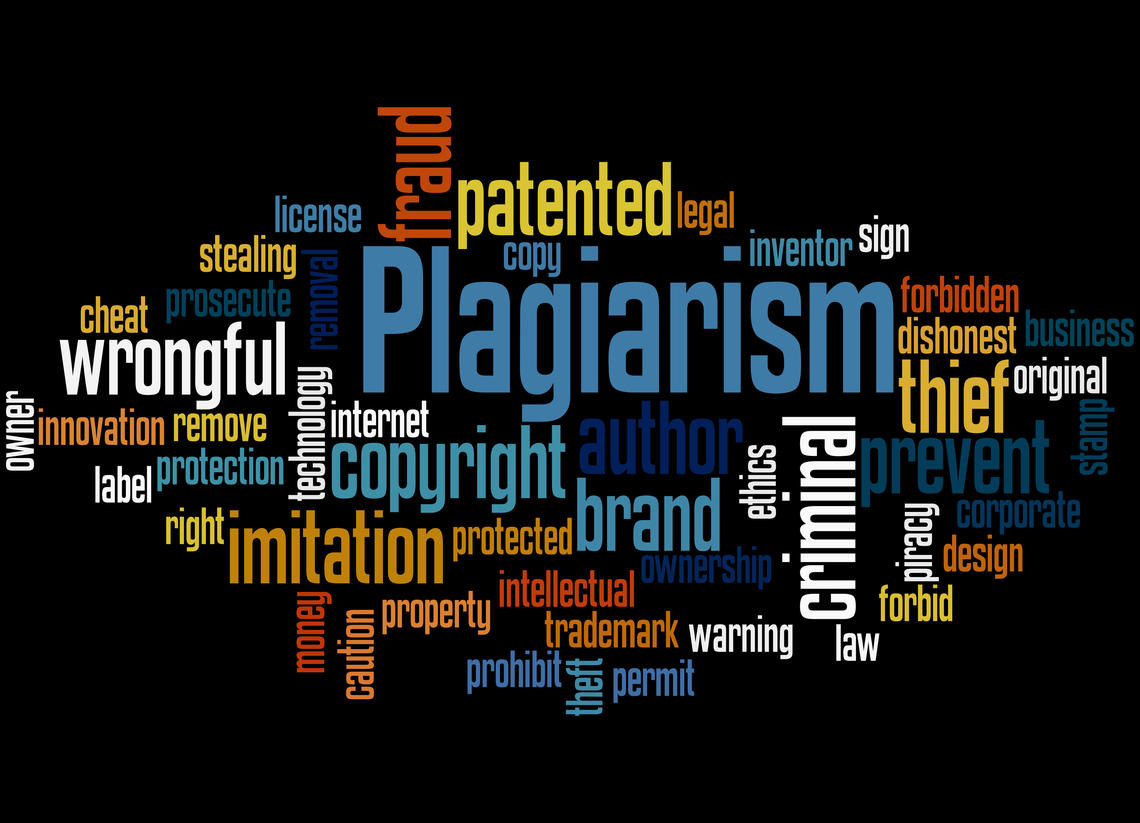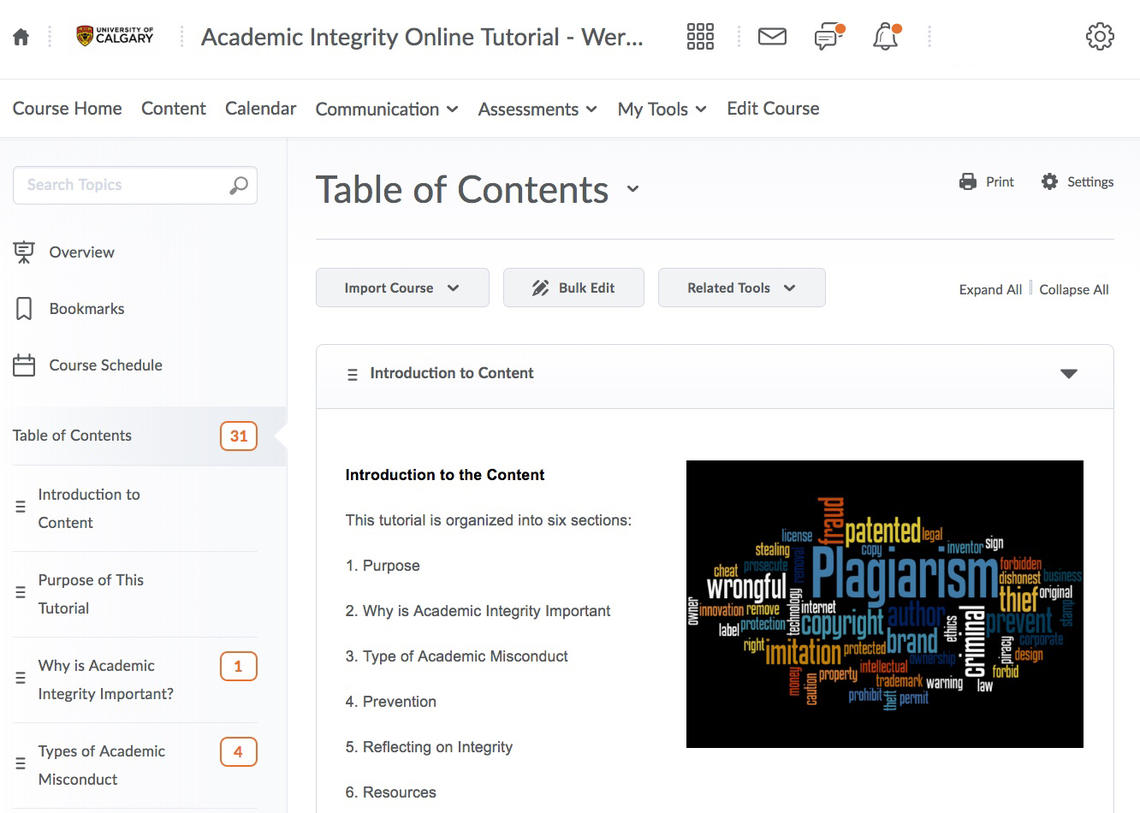Aug. 3, 2018
Quotation marks, crib notes, and contract cheating

Research shows that up to 90 per cent of students have admitted to engaging in academic dishonesty.
Colourbox
A new online resource developed by a research team at the Werklund School of Education is providing clarity on academic integrity for students in online and blended programs.
Covering a range of topics, the tutorial offers guidance on how to build skills such as referencing and citing, to understanding assignments, to avoiding contract cheating sites that prey on students, to developing an explicit awareness about what academic integrity means at the University of Calgary.
“Academic dishonesty is not black and white,” says Dr. Sarah Elaine Eaton, PhD, an assistant professor at the Werklund School. “There are a variety of behaviours that range from rather minor to very serious,” she explains, highlighting that academic misconduct can be both intentional and unintentional.
“Often, we expect graduate students to know how to cite their sources or quote material appropriately. Skills that students need to learn. If no one has taken the time to teach students these skills explicitly, then they are fumbling in the dark,” says Eaton, who is the principal investigator for the team which also includes Drs. Jennifer Lock, PhD, and Meadow Schroeder, PhD.
Whether forgetting to include quotation marks when citing another’s work, or cheating on an exam, research literature shows that up to 90 per cent of students have admitted to engaging in some form of academic dishonesty.
“Some of the challenges relate to students lacking skills such as referencing and citing, for example. Other challenges have to do with students not understanding what is expected of them,” says Eaton.
Students may unknowingly engage in academic misconduct, given their experience with popular culture, where sharing a meme via social media does not require attribution, Eaton explains. But in academic culture, there are different expectations. “It’s up to us to teach students that it is not OK to take material from the internet without giving attribution to the person or group that created it.”

The Academic Integrity Online Tutorial helps students to avoid instances of academic misconduct.
While technology appears to have exacerbated issues of academic misconduct, students are interested in learning and the new tutorial is one way of helping students fill the gap.
“It’s astonishing that many people tend to commit unintentional violations of academic integrity, even when they might be aware of what it is,” said Cristina Fernández Conde, one of three Werklund students involved in the research project, along with Kojo Otoo and Stefan Rothschuh. Fernández Conde cites self-plagiarism as one example. “Many people have no knowledge that submitting your own work several times in different situations can be academic misconduct.”
Academic integrity is not a new topic at the University of Calgary where on-campus students can attend workshops and receive one-on-one writing support. “The Student Success Centre has great resources for students to access,” offers Dr. Jennifer Lock, associate dean of teaching and learning at the Werklund School. Likewise, staff also offer guidance to students. “We encourage our academic staff to spend time at the start of the course to talk about academic integrity when reviewing the outline,” explains Lock. “It is a matter of helping to be proactive by educating and informing.”
But while there is tremendous support available for students on campus, the researchers found fewer supports for online and blended program students. The research group wanted to address the inequity, and with funding from a University of Calgary Teaching and Learning Grant, they were able to build an evidence-informed tutorial that can help students succeed.
“Students are willing and eager to learn, but we also have to be willing to help them learn,” Eaton says. “From my research, I would say that professors care very much. One way we show students that we care is by providing supports to help them learn.”
Eaton and her research team invite all Werklund School of Education students registered in online and blended programs to use the tutorial. Students can get more information on the integrity tutorial website and watch for events raising awareness and promoting academic integrity across campus, including on Oct. 17, the 3rd Annual International Day of Action Against Contract Cheating.

